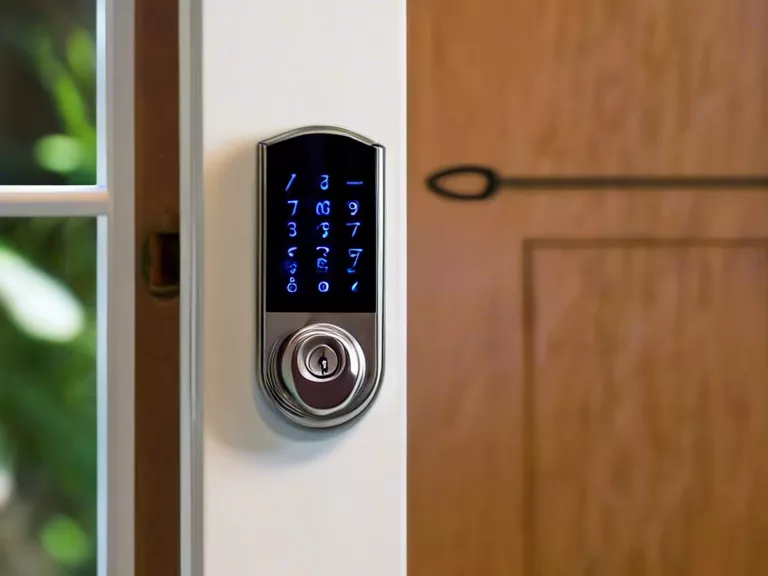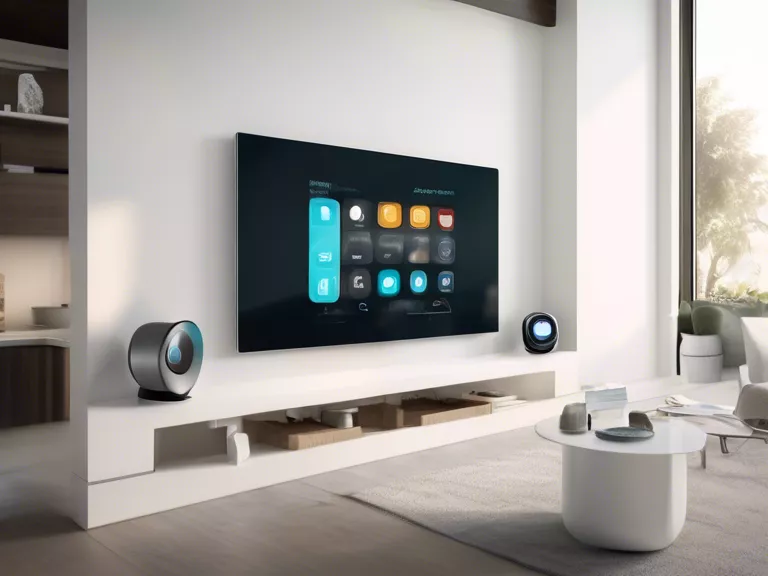
Smart home sensors are revolutionizing the way elderly care is provided, offering real-time monitoring and assistance for seniors aging in place. These sensors can track movement, temperature, air quality, and even changes in behavior, providing valuable data to caregivers and healthcare professionals. In this article, we will explore how smart home sensors are enhancing elderly care and monitoring.
One of the key benefits of smart home sensors for the elderly is the ability to provide round-the-clock monitoring. With sensors placed strategically throughout the home, caregivers can receive alerts for falls, changes in activity levels, or even if a senior has not moved for an extended period. This allows for immediate intervention in case of an emergency, providing peace of mind for both seniors and their loved ones.
Smart home sensors can also help in detecting changes in routine or behavior that may indicate a decline in health. For example, a sudden increase in bathroom trips could signal a urinary tract infection, while a decrease in movement could indicate a mobility issue. By tracking these changes, caregivers can intervene early and prevent potential health complications.
In addition to monitoring physical health, smart home sensors can also help in promoting social connections and mental well-being for seniors. For instance, sensors can remind seniors to take their medication, engage in physical activity, or even call a loved one. These subtle prompts can make a big difference in helping seniors maintain their independence and quality of life.
Overall, smart home sensors offer a comprehensive solution for elderly care and monitoring, providing valuable insights and support for seniors aging in place. By leveraging the power of technology, caregivers can ensure the safety, well-being, and independence of their elderly loved ones.



